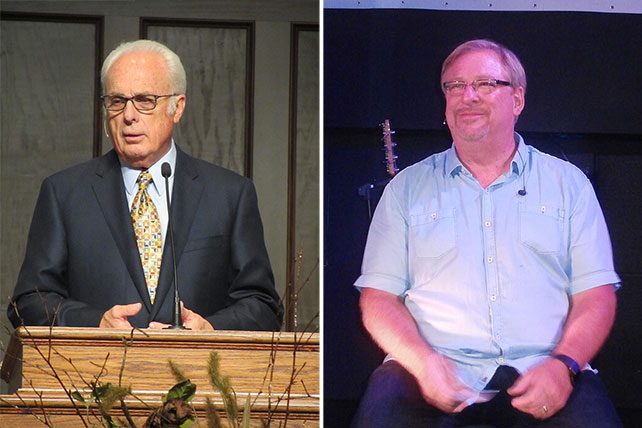An online small group meeting is a different experience compared to a face-to-face small group meeting. Thanks to technology innovations, people can still meet despite limitations with time and space, but it should not be approached exactly the same as an in-person group meeting. While many aspects of facilitating a small group will be transferable to the online interface, I would recommend tweaking the format from a traditional small group agenda.
An online small group, via a video conference call, requires a person to be static in front of a screen. This is less dynamic than walking through a front door, walking to a kitchen for snacks, sitting down for discussion, standing up for worship or prayer, etc. As a result, I believe it’s wise to plan for half the meeting time. Instead of a 90 minute to 2 hour in-person group, build towards a 45 – 60 minute online small group meeting. This will help to eliminate screen fatigue, low energy and wandering minds.
To help with this, I would recommend a process I’ve developed for our online groups at my church that I refer to as The S.O.I.L. Process. Jesus tells us the Word of God is like a seed (Mark 4:14) and I believe this S.O.I.L. Process can help us to cultivate ideal conditions for God’s truth to be implanted and internalized through an online small group meeting. Currently at my church, we use this template to develop a weekly Sermon Discussion Guide that complements our Pastor’s weekend message.
Here is an overview and breakdown of the Online Small Group Agenda…
| Intro – Greet, Ice Breaker, Open in Prayer | 5-7 min |
| S – Scripture | 2-3 min |
| O – Observation Question | 6-8 min |
| I – Interpretation Question | 6-8 min |
| L – Life Application Question | 6-8 min |
| Close in Prayer | 10-15 min |
Intro
This is the beginning of the group meeting where you are waiting for everyone to log on. As each person joins the video conference they are greeted and welcome. If anyone is new, introductions can be made. Small talk can happen until the meeting is kicked off with an ice breaker question or activity and then a brief prayer by an individual can be made to invite the Lord into the meeting and conversation.
S- Scripture
This can be as simple as reading scripture verses out loud and sharing 1-3 sentences of comments about the passage. It can be longer a segment if there is a video that is watched with the group together online.
O – Observation Question
This is a question that guides the group participant to examine the passage and identify key elements that seem to stand out to them. Through group discussion, this will help to develop an overview of the text, allow significant patterns to emerge and prepare the participants for the next segment.
Here are a few sample Observation Questions…
- What stands out to you as you read this passage?
- What comes to your mind when hear the metaphor used in this verse?
- What do you notice about this individual’s response in this situation?
I – Interpretation Question
This is a question that leads the group to begin to discern the biblical truth and meaning of the scripture. This allows for people to discover positive benefits to heeding a command or negative consequences to ignoring it. The right interpretation question can encourage the main theme of a passage to rise to the surface in plain view of the learner.
Here are a few sample Interpretation Questions…
- What insight can be gained into the topic of this passage?
- What are the benefits to obeying the instructions given here?
- What can be the consequences of neglecting what is marked out here?
- Why does God say we need to…?
L – Life Application Question
The focus of the discussion now shifts to each individuals’ life. Here, we want people to attach the message of God’s Word to their daily walk. We want them to hear from the Spirit of God about adjustments, eliminations and additions that need to be made in their personal decisions. This type of question cultivates obedience and transformation.
Here are a few sample Life Application Questions…
- What is the Holy Spirit speaking to you personally as we’re discussing this?
- Is there an area of your life this speaks to where you need to make an adjustment? If yes, please share.
- What are the obstacles you need to move and/or overcome to apply this to your life this week?
Close in Prayer
Throughout the discussion someone may have indirectly shared a prayer request. It’s good to take note of these and ask if they can be prayed for at this time. You also want to ask everyone if they have a prayer request the group can lift up in prayer. It’s also important to pray for the biblical content that was discussed to become a shaping influence in everyone’s life.
This condensed online format will allow you to continue to use many of the small group skills that are necessary for a face-to-face meeting (facilitating conversation, navigating personalities, listening, speaking life, etc). Depending on the passage and/or topic, discussion questions can be customized and strategically developed for each session. In conclusion, I believe this relational and Bible-centered format can create a quality experience that will leave people wanting more, instead of more people wanting to leave.
This article originally appeared here.



















